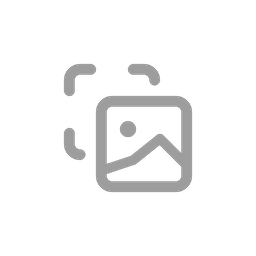

The Université libre de Bruxelles
No Rating
Description
The ability to reflect on assumptions, identify biases, and question established knowledge. Researchers use critical thinking to challenge the status quo and improve the robustness of their own and others' work.
This learning path on Critical Thinking is designed to equip learners with the essential skills to analyze, evaluate, and synthesize information effectively. Through a series of engaging modules, participants will explore the principles of logical reasoning, identify common cognitive biases, and develop strategies for problem-solving and decision-making. The course will guide learners in questioning assumptions, assessing arguments, and constructing well-reasoned conclusions. By the end of this learning path, participants will have enhanced their ability to think critically and apply these skills in both personal and professional contexts.
You will learn
By the end of this learning path on Critical Thinking, participants will have enhanced their ability to think critically and apply these skills in both personal and professional contexts. Key outcomes include being able to:
Examine assumptions in theories and practices.
Evaluate the validity and limitations of evidence.
Engage in reflective judgment and constructive critique.
4 modules
Included
17/06/2025
Updated
-
Required Time (Hour)
No Rating